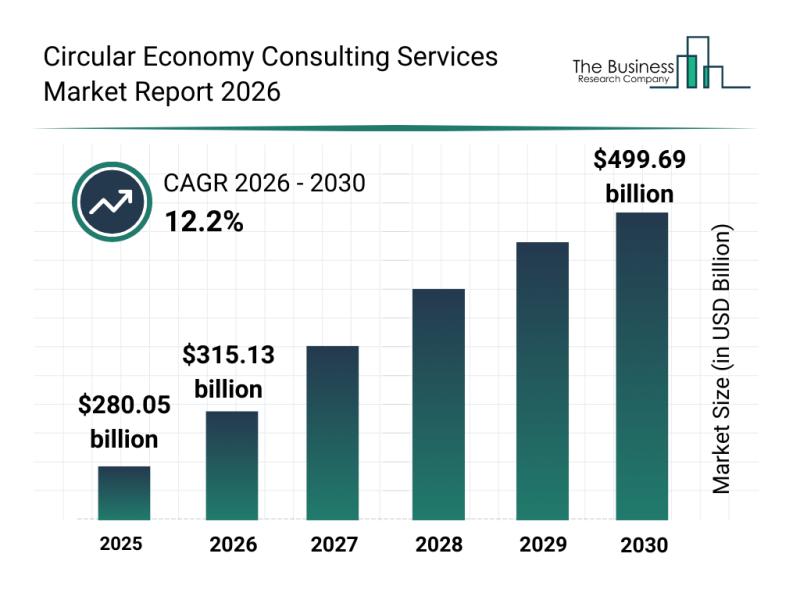Entrepreneurship honor society retains gold status – Susquehanna University

Report on Susquehanna University’s Contribution to Sustainable Development Goals through Entrepreneurial Education
Executive Summary
This report details the achievements of Susquehanna University’s entrepreneurship honor society, Sigma Nu Tau, and its alignment with the United Nations Sustainable Development Goals (SDGs). The chapter’s retention of Gold Member Status for the fifth consecutive year underscores the university’s commitment to providing high-caliber education and fostering innovation, directly contributing to SDG 4 (Quality Education), SDG 8 (Decent Work and Economic Growth), and SDG 9 (Industry, Innovation, and Infrastructure).
Alignment with SDG 4: Quality Education
Susquehanna University demonstrates a profound commitment to inclusive and equitable quality education through the rigorous standards and achievements of its Sigma Nu Tau chapter.
- Sustained Academic Excellence: The chapter has maintained Gold Member Status for five consecutive years and is currently ranked second nationally among more than 50 chapters.
- High Academic Standards: Membership requires students to be of junior standing, major or minor in entrepreneurship, and maintain a minimum 3.2 grade point average, ensuring a high standard of academic achievement.
Chapter activities are structured to provide comprehensive and lifelong learning opportunities:
- Hosting guest speakers to share industry knowledge.
- Conducting multiple chapter meetings and entrepreneurial student events.
- Organizing pitch competitions to develop practical, real-world skills.
Fostering SDG 8 (Decent Work and Economic Growth) and SDG 9 (Industry, Innovation, and Infrastructure)
The university’s curriculum and extracurricular programs are designed to promote sustained, inclusive, and sustainable economic growth and foster innovation.
- Entrepreneurship & Corporate Innovation Major: Launched in 2023, this rapidly growing major directly addresses SDG 8 by equipping students with the skills to start new business enterprises, thereby creating employment opportunities.
- Fostering Innovation: The program develops entrepreneurial thinkers who can drive innovation within established companies, contributing to the goals of SDG 9 by building resilient infrastructure and promoting inclusive and sustainable industrialization.
Students are provided with numerous opportunities to engage in practical applications that support these goals:
- Mentorship and Partnership: One-on-one mentorship with an entrepreneur-in-residence provides invaluable guidance, reflecting the collaborative spirit of SDG 17 (Partnerships for the Goals).
- Practical Application: Students build and launch multiple businesses, gaining hands-on experience in enterprise development.
- Industry Collaboration: Participation in consulting projects with small businesses and high-growth start-ups strengthens the link between academia and industry, fostering innovation as per SDG 9.
- Financial Support for Innovation: Access to startup funding for business development directly supports the creation of new enterprises, promoting economic growth and decent work (SDG 8).
Analysis of Sustainable Development Goals in the Article
1. Which SDGs are addressed or connected to the issues highlighted in the article?
The article discusses a university’s entrepreneurship honor society, its achievements, and the academic program it is associated with. Based on this focus on education, skill development, and entrepreneurship, the following Sustainable Development Goals (SDGs) are addressed:
- SDG 4: Quality Education: The entire article is centered on an academic program at Susquehanna University. It highlights the quality of the entrepreneurship program, evidenced by the honor society’s “Gold Member Status,” its national ranking, and the academic requirements for students (e.g., a minimum 3.2 GPA). This directly relates to providing quality tertiary education.
- SDG 8: Decent Work and Economic Growth: The article emphasizes that the program equips students with skills to “start a business enterprise or thrive as an entrepreneurial thinker in an established company.” By fostering entrepreneurship, providing “startup funding,” and facilitating “consulting projects with small businesses,” the program directly contributes to economic growth, innovation, and the creation of decent jobs.
2. What specific targets under those SDGs can be identified based on the article’s content?
Several specific targets under the identified SDGs can be linked to the information in the article:
- Under SDG 4 (Quality Education):
- Target 4.3: “By 2030, ensure equal access for all women and men to affordable and quality technical, vocational and tertiary education, including university.” The article describes a specific major and honor society within a university, which is a form of tertiary education. The success and national ranking of the program point to its quality.
- Target 4.4: “By 2030, substantially increase the number of youth and adults who have relevant skills, including technical and vocational skills, for employment, decent jobs and entrepreneurship.” The article explicitly states that the “entrepreneurship & corporate innovation major” helps students “develop the skills to start a business enterprise.” This directly aligns with providing relevant skills for entrepreneurship and employment.
- Under SDG 8 (Decent Work and Economic Growth):
- Target 8.3: “Promote development-oriented policies that support productive activities, decent job creation, entrepreneurship, creativity and innovation, and encourage the formalization and growth of micro-, small- and medium-sized enterprises…” The program’s focus on entrepreneurship, corporate innovation, consulting for small businesses, and providing startup funding directly supports this target by fostering the very elements it aims to promote.
3. Are there any indicators mentioned or implied in the article that can be used to measure progress towards the identified targets?
Yes, the article mentions or implies several indicators that can be used to measure progress:
- For SDG 4 Targets:
- Participation Rate in Tertiary Education: The article implies an increase in participation by stating the entrepreneurship major, launched in 2023, is “one of the fastest growing majors in the university.” This growth rate serves as an indicator of student engagement in this specific field of quality education.
- Academic Achievement: The requirement for students to “maintain a minimum 3.2 grade point average” to be part of the honor society is a direct indicator of academic performance and the quality of the student body within the program.
- For SDG 8 Targets:
- Number of New Businesses Created: The article states that students can “build and launch multiple businesses.” The number of businesses launched by students would be a direct indicator of entrepreneurial activity.
- Access to Financial Services: The mention that students can “qualify for startup funding for business development” implies the existence of a mechanism to provide financial resources to new entrepreneurs, which is a key indicator for Target 8.3.
- Engagement with Small Businesses: The opportunity for students to “participate in consulting projects with small businesses and high growth start-ups” serves as an indicator of collaboration and support for the small and medium-sized enterprise sector.
4. Summary Table of SDGs, Targets, and Indicators
| SDGs | Targets | Indicators |
|---|---|---|
| SDG 4: Quality Education | Target 4.3: Ensure equal access to quality tertiary education.
Target 4.4: Increase the number of youth with relevant skills for entrepreneurship. |
|
| SDG 8: Decent Work and Economic Growth | Target 8.3: Promote policies that support entrepreneurship, creativity, and the growth of small- and medium-sized enterprises. |
|
Source: susqu.edu
What is Your Reaction?
 Like
0
Like
0
 Dislike
0
Dislike
0
 Love
0
Love
0
 Funny
0
Funny
0
 Angry
0
Angry
0
 Sad
0
Sad
0
 Wow
0
Wow
0












































































